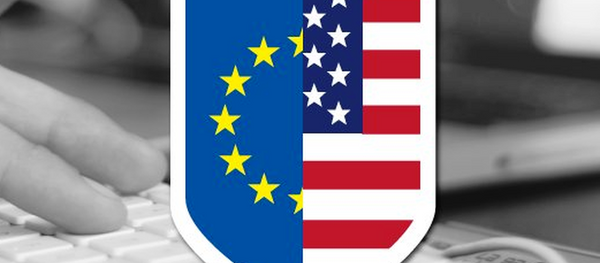On the back of a similar court challenge, by Digital Rights Ireland, French privacy advocacy group La Quadrature du Net and industry association FDN have lodged papers at the European Court of Justice (ECJ), challenging the basis of Privacy Shield.
@DRIalerts sues over new regulation governing the transfer of personal data between the US and EU https://t.co/BVTXK4ggK0 pic.twitter.com/Fz61jm4gDi
— Law.com (@lawdotcom) October 27, 2016
The EU-US data pact is the proposed new deal between the EU and the US that is supposed to safeguard all personal data on EU citizens held on computer systems in the US from being subject to mass surveillance by the US National Security Agency.
The data can refer to any transaction — web purchases, cars or clothing — involving an EU citizen whose data is held on US servers.
Human rights campaign groups say Privacy Shield — which replaced the Safe Harbor agreement ruled unlawful in October 2015 — does not meet strict EU standards on the use of personal data. The agreement provides for an 'independent' ombudsman to ensure that all EU citizens' data is collected and stored under strict criteria that correspond t EI privacy standards.
However, a spokesperson for La Quadrature du Net told Reuters:
"The fact that it relies on so-called 'independent' instruments is in no way sufficient to consider it an independent judicial entity."
Safe Harbor Sunk
The agreement has been under negotiation for months ever since the ECJ ruled Safe Harbor was invalid.
Safe Harbor was a quasi-judicial understanding that the US undertook to agree that it would ensure that EU citizens' data on US servers would be held and protected under the same restrictions as it would be under EU law and directives.
The case hit the headlines when Max Schrems, an Austrian Facebook user, lodged a complaint with the Irish Data Protection Commissioner, arguing that the transfer of data from Facebook's Irish subsidiary onto the company's servers in the US did not provide sufficient protection of his personal data.

The court ruled that: "The Safe Harbor Decision denies the national supervisory authorities their powers where a person calls into question whether the decision is compatible with the protection of the privacy and of the fundamental rights and freedoms of individuals."
Now that a second group has mounted a challenge, Privacy Shield is facing the same fate as Safe Harbor, amid growing concerns about the privacy of personal data once it has crossed the Atlantic.




